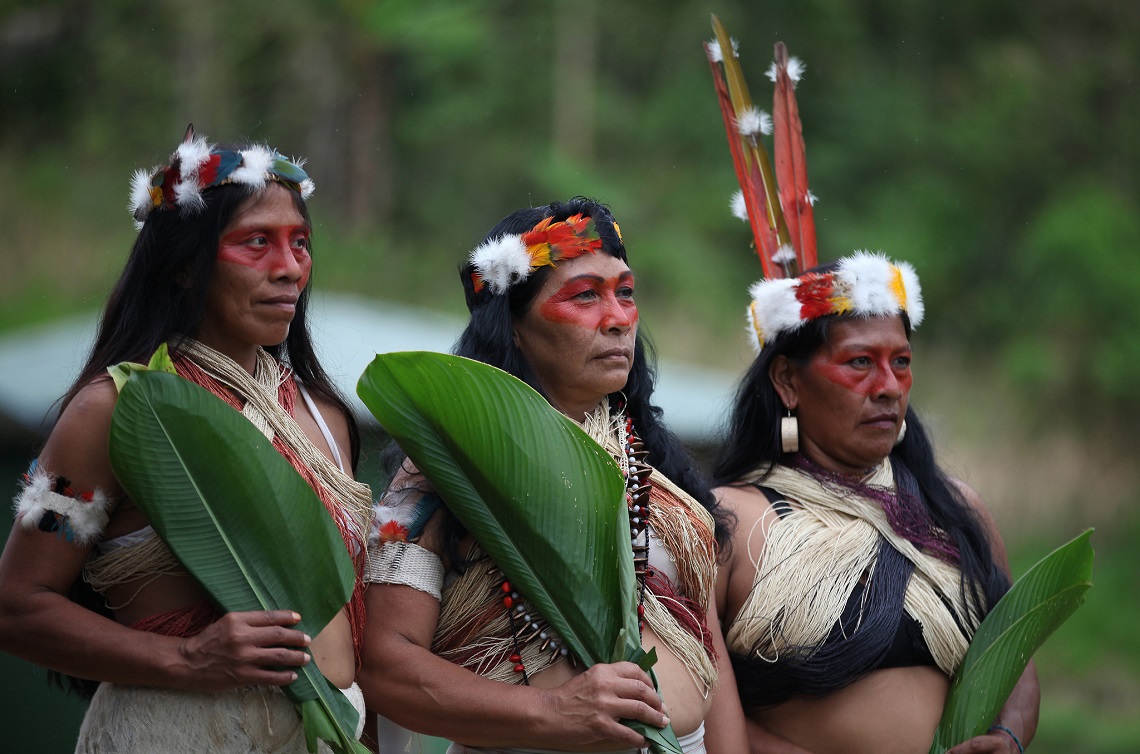The Indigenous peoples of Central America represent a mosaic of cultures, histories, and belief systems that have evolved over thousands of years. Their existence spans millennia, and their influence is palpable in contemporary discussions surrounding conservation, cultural identity, and spirituality. This exploration delves into the historical roots, vibrant cultures, and the continuing struggle for survival among these groups, while drawing upon a Christian perspective that acknowledges their intrinsic value and dignity as created beings.
The vibrant tapestry of Indigenous history in Central America is woven from threads of resilience, adaptation, and profound interaction with the environment. Civilizations such as the Maya, and the Aztec, flourished in the region long before European contact. They developed complex societal structures, sophisticated agricultural techniques, and an intricate understanding of the cosmos. The collapse of these civilizations, often attributed to a combination of climatic shifts and societal upheaval, does not mark an end but rather a transition—an evolution in which modern Indigenous communities have emerged, carrying forth the legacy of their ancestors into the present day.
Despite the arrival of European colonizers, who sought both gold and land, Indigenous populations remained tenacious in preserving their identities and ways of life. The conquests in the 16th century were catastrophic; diseases, war, and enslavement decimated populations, disrupting longstanding social structures. Yet, within this crucible of adversity, Indigenous peoples have demonstrated remarkable resilience. Their survival can be seen not only as a testament to their adaptability but also as a reflection of their deep-seated connection to the land, which they view as sacred. This understanding contradicts the exploitative paradigms often imposed by external forces, offering a model for stewardship rather than dominion.
Culturally, the Indigenous peoples of Central America boast an alluring blend of languages, art, and traditions. Over 20 distinct language families are spoken across the region, underscoring the linguistic diversity that characterizes these communities. Oral traditions remain pivotal in the transmission of knowledge, spirituality, and history. These narratives, often rich with allegory and moral teachings, encapsulate the Indigenous worldview—a worldview often at odds with the materialism of contemporary society. Festivities are imbued with ritual significance, celebrating agricultural cycles, ancestral spirits, and communal solidarity. Such practices resonate with Christian teachings that emphasize community, respect for creation, and the sanctity of life.
The spiritual lives of Indigenous peoples are deeply interwoven with nature. Many view themselves as guardians of the earth, a belief that aligns with the Christian perspective of stewardship. Genesis 2:15 states that humanity is charged with tending and keeping the Garden of Eden. This shared understanding bridges cultural divides, drawing parallels between Indigenous reverence for nature and the Christian call to protect creation. Through rituals that honor the earth and its cycles, Indigenous peoples embody a relationship to the divine that transcends anthropocentrism, inviting a conversation about coexistence and reverence for all forms of life.
However, the narrative of survival is fraught with challenges. Modernization, deforestation, and encroachment have threatened the very existence of Indigenous cultures. Land, sacred in its significance, has become a battleground for resources. Mining, agriculture, and infrastructure projects often disregard the rights and knowledge of Indigenous peoples, leading to environmental degradation and cultural erosion. Central America has witnessed numerous conflicts over land rights, as Indigenous groups seek recognition and protection against encroaching industries that undermine their autonomy and heritage.
In the contemporary context, the struggle for Indigenous rights is gaining traction, driven by the voices of younger generations who seek to navigate the complexities of identity in a rapidly changing world. Movements advocating for the rights of Indigenous people, such as the 2007 United Nations Declaration on the Rights of Indigenous Peoples, reflect a growing recognition of their autonomy and self-determination. These movements serve as a reminder of the importance of dialogue and respect across cultures, echoing Christian values that champion justice, equity, and reconciliation.
Moreover, engaging with Indigenous communities offers an opportunity for Christian teachings to reflect upon their theological frameworks. The concept of tethering faith to actions—embodying love for neighbor and creation—can inspire Christians to stand alongside Indigenous peoples in their quests for justice. The integration of Indigenous wisdom into environmental ethics can enhance theological discourse, challenging believers to rethink their understanding of dominion and stewardship in light of diverse cultural experiences.
In conclusion, the Indigenous peoples of Central America present a captivating study of resilience, culture, and faith. Their histories are imbued with lessons of survival amidst adversity, inviting reflection on broader issues of justice and human dignity. Recognizing their struggles, celebrating their cultures, and advocating for their rights resonate with the Christian call to love and serve all of humanity. By understanding and engaging with Indigenous perspectives, one can glean profound insights into the delicate balance of creation and the sacredness of life. As these communities continue to navigate the complexities of existence in modernity, fostering a relationship grounded in respect and recognition of their inherent worth can illuminate pathways toward genuine reconciliation and stewardship of our shared world.



